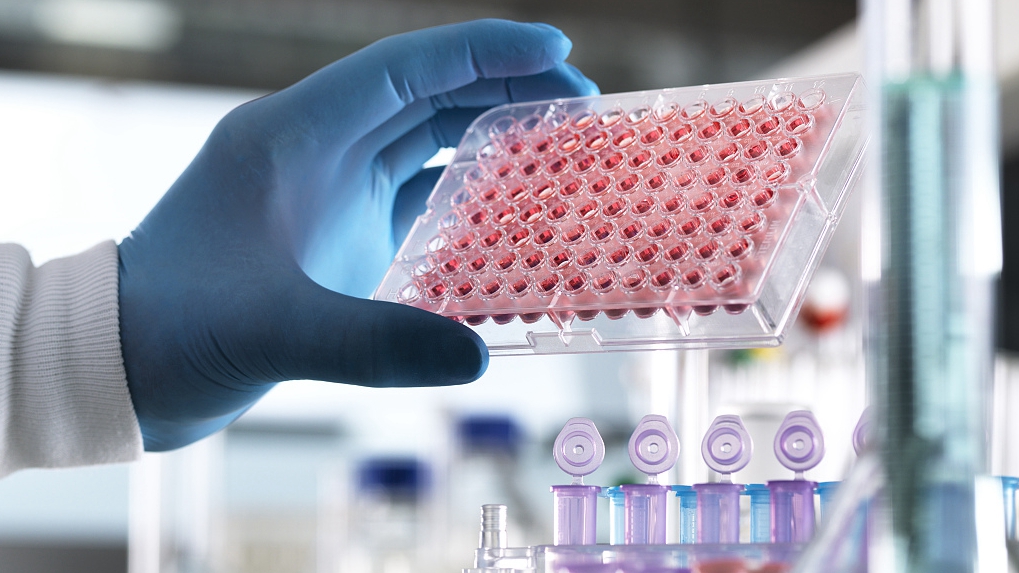
More than 300 scientists and clinicians from the U.S. federal government, industry and academia published a report on Tuesday of their conclusions and recommendations on COVID-19 serology studies.
The group gathered for an online workshop in May to discuss the role of serology testing in understanding and responding to the COVID-19 public health crisis, and to explore strategies to address key scientific knowledge opportunities and gaps in the emerging field.
They assessed efforts to better understand the implications of serology test results, to produce and validate test kits, and to quantify undetected cases of SARS-CoV-2 infection.
They recommended that additional research is needed to determine if and to what extent a positive antibody test means a person may be protected from SARS-CoV-2 reinfection. Until such data is available, serology tests should not be used as a stand-alone tool to make decisions about personal safety related to SARS-CoV-2 exposure.
Researchers are pursuing studies in humans and in animal models to better understand SARS-CoV-2 immunity. They noted that such understanding could help identify optimal donors of convalescent plasma that potentially could be used to help treat those with severe COVID-19.
Serology tests for COVID-19 are designed to detect antibodies against SARS-CoV-2, the virus that causes COVID-19. While such tests do not diagnose active infection, they can indicate prior infection with SARS-CoV-2 that may have been missed because a person did not experience significant symptoms or access testing while infected.
(Cover image via VCG)
Source(s): Xinhua News Agency